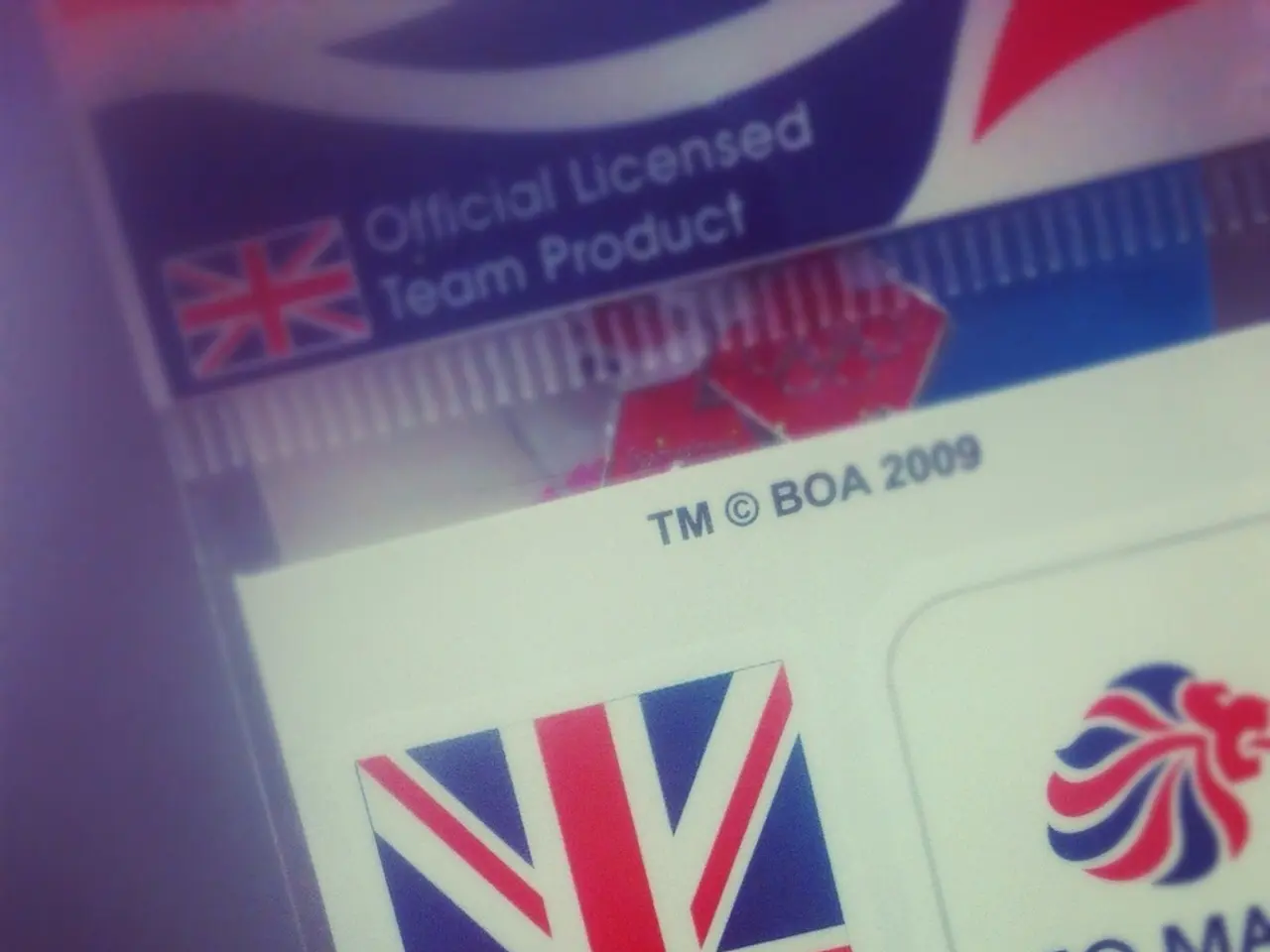Federal Regulators Penalize Metropolitan Commercial Bank with a Fine of $29.5 Million, Imposed by the Fed and NYDFS
Metropolitan Commercial Bank Fined for Customer Identification Violations
Metropolitan Commercial Bank, a New York-based financial institution with assets worth $6 billion, has been fined approximately $14.5 million by the Federal Reserve Board for violating customer identification rules. The fine comes after an investigation by the New York State Department of Financial Services (NYDFS) found that the bank failed to maintain an effective anti-money laundering program.
The issue at hand revolves around the MovoCash prepaid card program, a digital Visa card service that Metropolitan was responsible for ensuring complied with applicable laws, including maintaining an effective customer identification program. In a consent order, the NYDFS stated that Metropolitan failed to adequately verify identities when onboarding prepaid customers through a third party.
The passage of the CARES Act in March 2020 led to a surge of illegitimate MovoCash account openings. Fraudsters were able to open MovoCash accounts using illegally obtained personal information as early as January 2020. Despite recognising the oversight difficulties posed by the fraud within pandemic relief programs, Metropolitan failed to remedy the issue and permitted continued account openings, enabling exponential fraud growth over subsequent months.
As a result, approximately $100 million in fraudulent payments were frozen for return to government authorities. However, the inaction of Metropolitan facilitated the misdirection of over $300 million in pandemic unemployment funds to fraudsters' MovoCash accounts.
In response to the findings, Metropolitan has agreed to pay $15 million in penalties under the consent order. The bank has also been ordered to enhance its know-your-customer procedures, due diligence policies, and oversight of third-party relationships. Within 90 days of the consent order, Metropolitan must submit a list of all components of its third-party program supervision and an interim report detailing changes to its AML compliance program.
In a statement, Metropolitan's CEO, Mark DeFazio, acknowledged that crypto-related clients, assets, and deposits never represented a material portion of the company's business. The bank terminated its relationship with the third-party program manager at issue, Kaiku Paycard, in August 2020.
Metropolitan started re-evaluating its third-party ties at the beginning of the year and backed out of crypto in early January. The bank is now required to submit a plan on enhancements made to its Customer Identification Program and its customer due diligence program manager responsibilities.
This news serves as a reminder of the importance of robust customer identification procedures and oversight of third-party relationships in the financial industry, particularly in the context of digital services and pandemic relief programs.
Read also:
- Peptide YY (PYY): Exploring its Role in Appetite Suppression, Intestinal Health, and Cognitive Links
- Toddler Health: Rotavirus Signs, Origins, and Potential Complications
- Digestive issues and heart discomfort: Root causes and associated health conditions
- House Infernos: Deadly Hazards Surpassing the Flames








